Isabelle Crocker Osborne
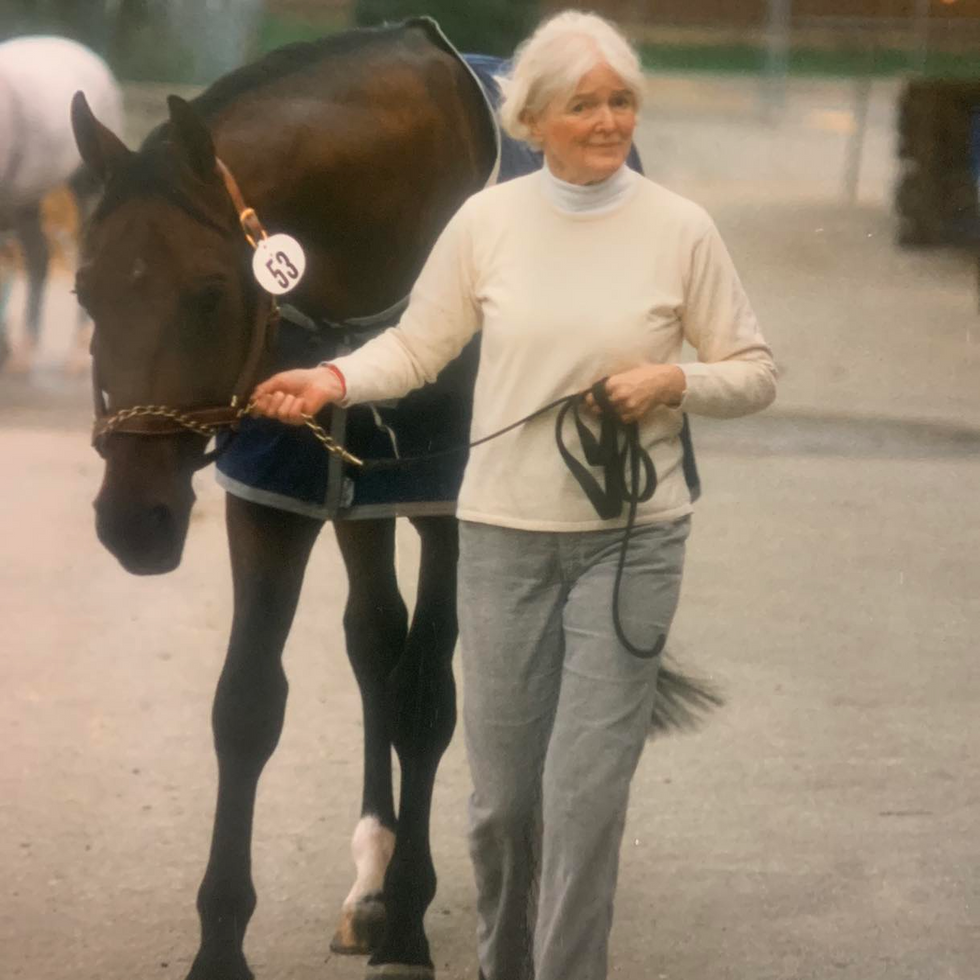

WEST CORNWALL — Isabelle Crocker Osborne died peacefully Jan. 3, 2023, at her home in West Cornwall, among family and friends and her devoted caregivers. Ms. Osborne inspired those close to her with her perseverance against illness and family tragedy. She was predeceased by both her children and her husband, Charlie. She also coped for many years with emphysema, although she quit smoking in the 1960s. Despite such personal burdens, she took great joy in her horses and equestrian pursuits, and set an example for inner strength and a zest for living.
Known to family and friends as Philla, Ms. Osborne was born Feb. 28, 1929, in Fitchburg, Massachusetts, the daughter of the late Douglas and Isabelle Crocker.
She graduated from Smith College magna cum laude in 1951 where she was a member of Phi Beta Kappa, and from the Johns Hopkins School of Advanced International Studies in 1956.
In her youth she was a hiker and mountaineer, making trips to Geneva, Switzerland, where she had studied during her junior year abroad. She was friends with noted Swiss climber, Raymond Lambert, who in 1952 narrowly missed being the first to summit Mount Everest with famed sherpa Tenzing Norgay. Weather stopped them a few hundred meters short. Norgay successfully summited with Sir Edmund Hillary in 1953. Ms. Osborne reminisced recently with family that she helped Lambert provision other Himalayan expeditions, and was a secretary to Norgay when he was hiding from the paparazzi at his friend Lambert’s home in Switzerland.
Her first job out of college was working for the Central Intelligence Agency in Washington. Of the CIA, all she would say was that “my bosses were only interested in me spying on my colleagues down the hall.” She married Charles Cabot Osborne in 1959, a reporter for Life magazine, whose assignments moved them from New York City to Atlanta and Chicago. They returned to New York City in 1961 for good, where Ms. Osborne raised their two children, Caroline and Tom, and worked as a freelance researcher.
At least two of her research employers were prominent critics of the military industrial complex. In the early 1980s, Ms. Osborne was secretary and researcher for Seymour Melman, a Columbia University economist known for his work on measuring negative impacts of the military economy and advocating for conversion of military spending to civilian purposes. Ms. Osborne also conducted research for Ruth Leger Sivard, an economist known for her annual publication of “World Military and Social Expenditures,” chronicling and analyzing military spending versus social spending in countries around the world. Sivard’s statistics illuminated “what she regarded as ‘grotesque’ excesses in defense spending,” according to a Washington Post remembrance. Ms. Osborne worked on and off for Sivard from the mid 1970s until the early 1990s.
In her later years, she and Charlie moved to their long-time country home in West Cornwall.
They both became avid horse enthusiasts, keeping horses at Once Again Farm, in Meriden, and participating in dressage and jumping. In one reunion report for Smith College, Ms. Osborne wrote that she had made “a full time occupation of horseback riding, which is extremely time consuming and mentally and physically humbling.” Friend and dressage coach, Vicki Hammers-O’Neil, said “Philla and Charlie were generous volunteers at all Connecticut Dressage Association activities and horse shows, and eventually an annual volunteer award was named in their honor: ‘The Philla and Charlie Osborne Volunteer Award.’ Their generosity with their horses allowed me to show both Theo and Blackjack successfully, winning many awards.”
Aside from riding, Ms. Osborne and her husband contributed to the Cornwall Chronicle, a monthly newspaper produced by local citizens. She and Charlie were writers and editors for the Chronicle throughout the 1990s and into the early 2000s.
She was predeceased by her husband, Charles Osborne in 2005, a daughter, Caroline Osborne in 1979, and a son, Dr. Thomas Osborne in 2019.
She is survived by two nieces, Katharine C. Brengle of New York, New York, and Nancy O. Almquist of Belmont, Massachusetts; and five nephews, Dr. Douglas C. Brengle of Cincinnati, Ohio; William C. Brengle, Jr. of Camden, Maine; Andrew C. Brengle of Ipswich, Massachusetts; Dr. Richard Osborne of Saratoga Springs, NY; and Theodore Osborne of Washington, D.C.
A memorial service for Philla and Tom will be held this spring in West Cornwall at a date to be determined.
SHARON — Sharon Dennis Rosen, 83, died on Aug. 8, 2025, in New York City.
Born and raised in Sharon, Connecticut, she grew up on her parents’ farm and attended Sharon Center School and Housatonic Valley Regional High School. She went on to study at Skidmore College before moving to New York City, where she married Dr. Harvey Rosen and together they raised two children.
Sharon’s lifelong love of learning and the arts shaped both her work and her passions. For decades, she served as a tour guide at the American Museum of Natural History and the Asia Society, sharing her knowledge and enthusiasm with countless visitors. She also delighted in traveling widely, immersing herself in other cultures, and especially treasured time spent visiting her daughter and grandsons in Europe and Africa.
She was also deeply connected to her hometown, where in retirement she spent half her time and had many friends. She served as President of the Sharon East Side Cemetery until the time of her death, where generations of her family are buried and where she will also be laid to rest.
She is survived by her husband, Harvey; her children, Jennifer and Marc; and four beloved grandchildren.
Claire and Garland Jeffreys in the film “The King of In Between.”
There is a scene in “The King of In Between,” a documentary about musician Garland Jeffreys, that shows his name as the answer to a question on the TV show “Jeopardy!”
“This moment was the film in a nutshell,” said Claire Jeffreys, the film’s producer and director, and Garland’s wife of 40 years. “Nobody knows the answer,” she continued. “So, you’re cool enough to be a Jeopardy question, but you’re still obscure enough that not one of the contestants even had a glimmer of the answer.”
Garland Jeffreys never quite became a household name, but he carved out a singular place in American music by refusing to fit neatly into any category. A biracial New Yorker blending rock, reggae, soul and R&B, he used genre fusion as a kind of rebellion — against industry pigeonholes, racial boundaries and the musical status quo. Albums like “Ghost Writer” (1977) captured the tension of a post–civil rights America, while songs like “Wild in the Streets” made him an underground prophet of urban unrest. He moved alongside artists like Lou Reed and Bruce Springsteen but always in his own lane — part poet, part agitator, part bridge between cultures.
“I think what I tried to do with the film, wittingly or unwittingly, was just to show that we all have these lives and they don’t often meet our dreams of what we think we’re entitled to, we’re talented enough to get or whatever,” said Claire. “We all have these goals, but we’re sort of stymied. Often, it’s partly circumstance and luck, but it’s also very often something that we’re doing or not doing that’s impeding us.”
This is not the typical rock-and-roll redemption story. There are no smashed guitars, no heroic overdoses, no dramatic comeback tour. What we get instead is something quieter and more intimate: hours of archival footage that Claire spent years sorting through. The sheer effort behind the film is palpable — so much so that, as she admitted with a laugh, it cured her of any future ambitions in filmmaking.
“What I learned with this project was A, I’m never doing it again. It was just so hard. And B, you know, you can do anything if you collaborate with people that know what they’re doing.”
Claire worked with the editing team of Evan M. Johnson and Ben Sozanski and a slew of talented producers, and ended up with a truthful portrayal — a beautiful living document for Garland’s legions of fans and, perhaps most importantly, for the couple’s daughter, Savannah.
“She’s been in the audience with me maybe three or four times,” said Claire. “The last time, I could tell that she was beginning to feel very proud of the effort that went into it and also of being a part of it.”
Savannah pursued a career in music for a while herself but has changed tracks and become a video producer.
“I think she couldn’t quite see music happening for herself,” said Claire. “She was like, ‘I don’t know if I want to struggle the way I saw my dad struggling and I’m going to get a job with a salary.’”
The film doesn’t just track the arc of an underappreciated musician, however. The music, always playing, is the soundtrack of a life — of a man navigating racial, musical and personal boundaries while balancing marriage, parenthood, aging, addiction andrecovery. Garland and Claire speak plainly about getting sober in the film, a life choice that gave them both clarity and shows Claire as a co-conspirator in his survival.
“I did some work early on with a director,” said Claire. “He wanted the final cut, and I didn’t feel like I could do that — not because I wanted so much to control the story, but I didn’t want the story to be about Alzheimer’s.”
Diagnosed in 2017, Garland, now 81, is in the late stages of the disease. Claire serves as his primary caregiver. The film quietly acknowledges his diagnosis, but it doesn’t dwell — a restraint that feels intentional. Garland spent a career refusing to be reduced: not to one sound, one race or one scene. And so the documentary grants him that same dignity in aging. His memory may be slipping, but the film resists easy sentimentality. Instead, it shows what remains — his humor, his voice, his marriage, the echo of a life lived on the edges of fame and at the center of his own convictions.
The Moviehouse in Millerton will be screening “The King of In Between” on Sept. 20 at 7 p.m. Peter Aaron, arts editor of Chronogram Magazine will conduct a talkback and Q&A with Claire Jeffreys after the film. Purchase tickets at themoviehouse.net.
The Haystack Book Festival, a program of the Norfolk Hub, brings renowned writers and thinkers to Norfolk for conversation. Celebrating its fifth season this fall, the festival will gather 18 writers for discussions at the Norfolk Library on Sept. 20 and Oct. 3 through 5.
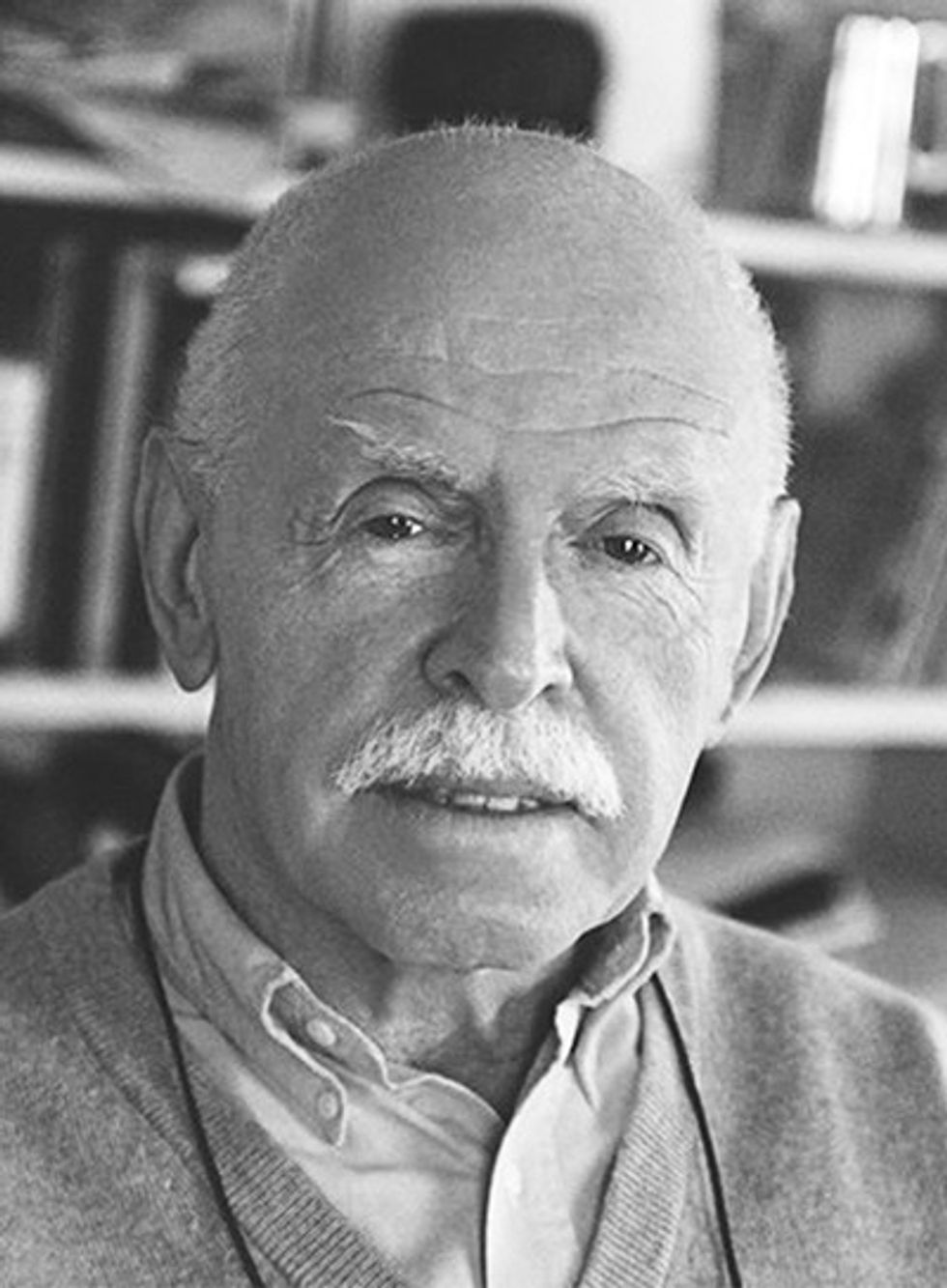
For example, “Never Take the Rule of Law for Granted: China and the Dissident,” will be held Saturday, Sept. 20, at 4 p.m. at the Norfolk Library. It brings together Jerome A. Cohen, author of “Eastward, Westward: A Life in Law,” and Mark Clifford, author of “The Troublemaker: How Jimmy Lai Became a Billionaire, Hong King’s Greatest Dissident, and China’s Most Feared Critic” in dialogue with journalist Richard Hornik to discuss the rule of law and China.
The Council on Foreign Relations stated, “Few Americans have done more than Jerome A. Cohen to advance the rule of law in East Asia. He established the study of Chinese law in the United States. An advocate for human rights, Cohen has been a scholar, teacher, lawyer, and activist for sixty years.”
Cohen, a professor at New York University School of Law and director of its U.S.-Asia Law Institute, revealed his long view on China: “We are now witnessing another extreme in the pendulum’s swing toward repression. Xi Jinping is likely to outlive me but ‘no life lives forever.’ There will eventually be another profound reaction to the current totalitarian era.”
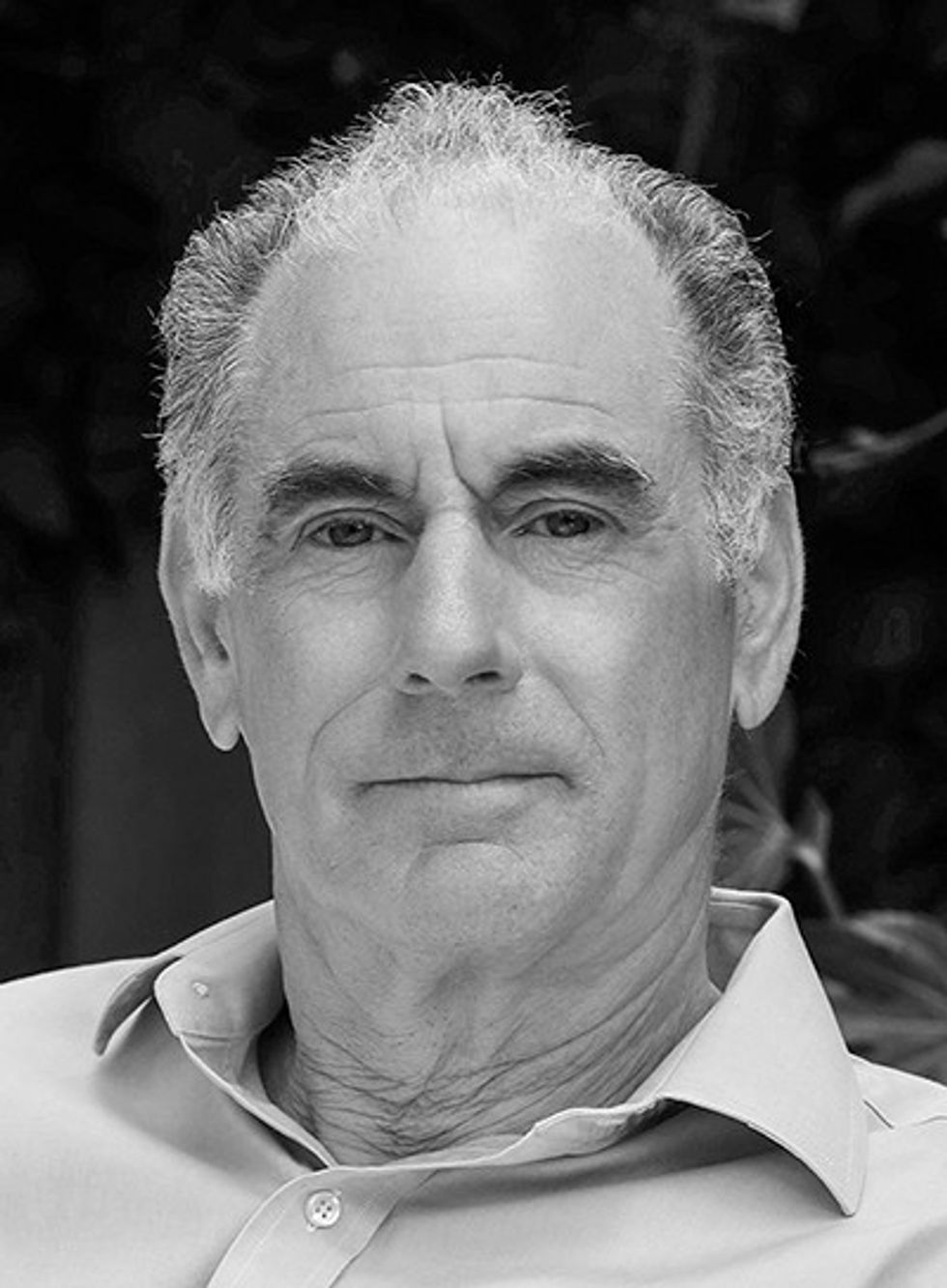
In “The Troublemaker,” Clifford chronicles Lai’s life from child refugee to pro-democracy billionaire to his current imprisonment by the Chinese Communist Party. Clifford is president of the Committee for Freedom in Hong Kong Foundation, a Walter Bagehot Fellow at Columbia University, and holds a PhD in history from the University of Hong Kong. He was the former editor-in-chief of the South China Morning Post and The Standard (Hong Kong and Seoul).
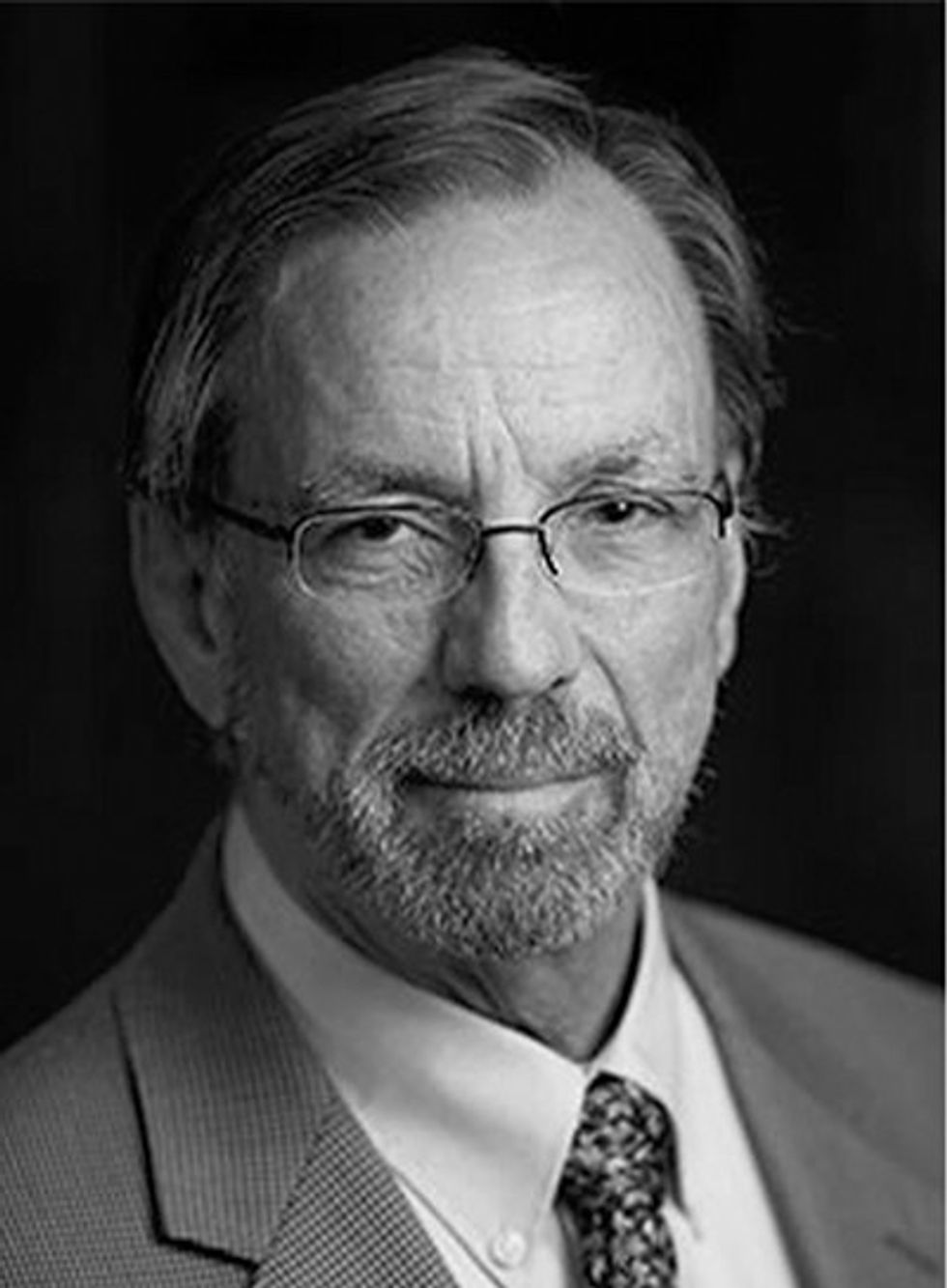
Richard Hornik, adjunct senior fellow at the East-West Center, will moderate the discussion. Hornik is the former executive editor of AsiaWeek, news service director of Time magazine, and former Time bureau chief in Warsaw, Boston, Beijing and Hong Kong.
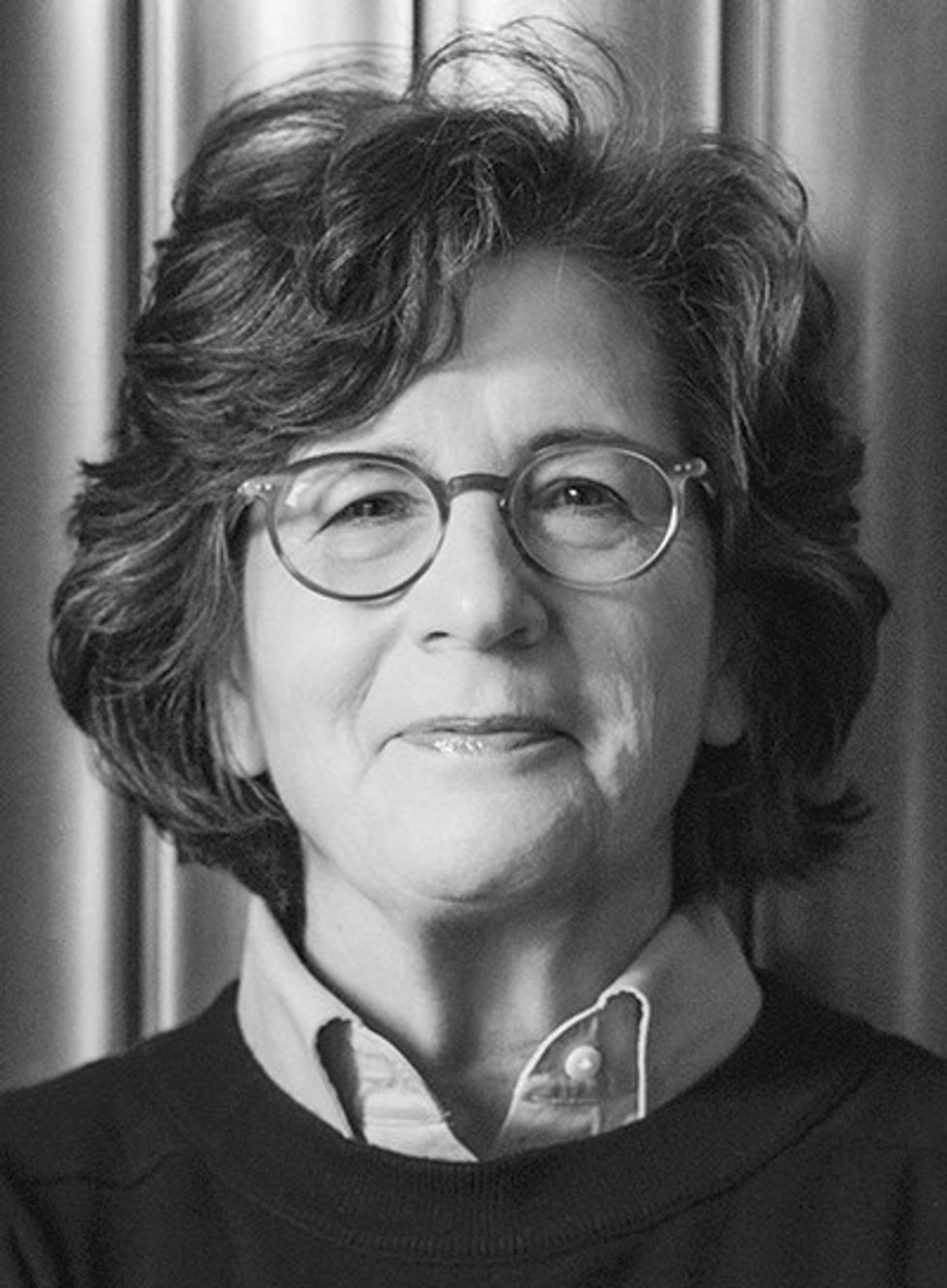
The Brendan Gill Lecture is a highlight of the festival honoring longtime Norfolk resident Brendan Gill, who died in1997. Gill wrote for The New Yorker magazine for fifty years. Betsy Lerner, New York Times-recognized author of “Shred Sisters,” will deliver this year’s lecture on Friday, Oct. 3, at 6 p.m. at the Norfolk Library.
Visit haystackbookfestival.org to register. Admission is free.